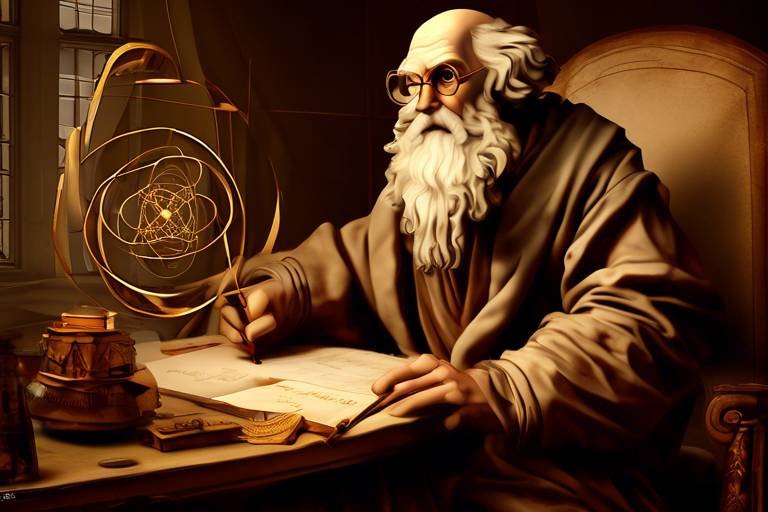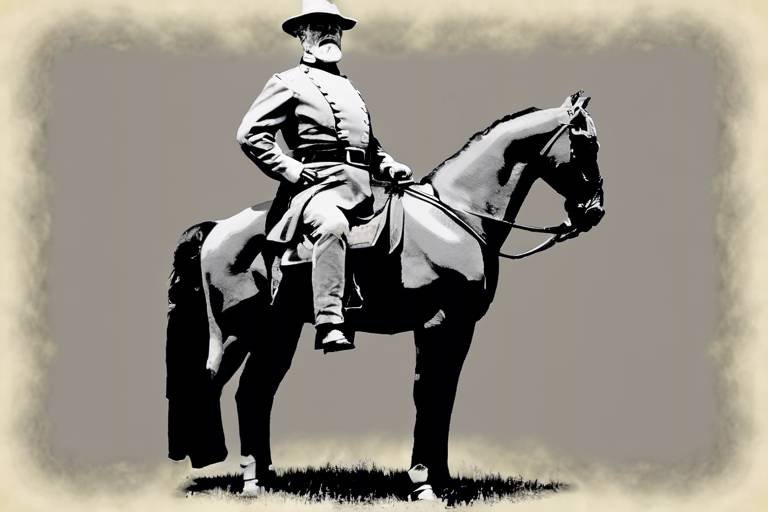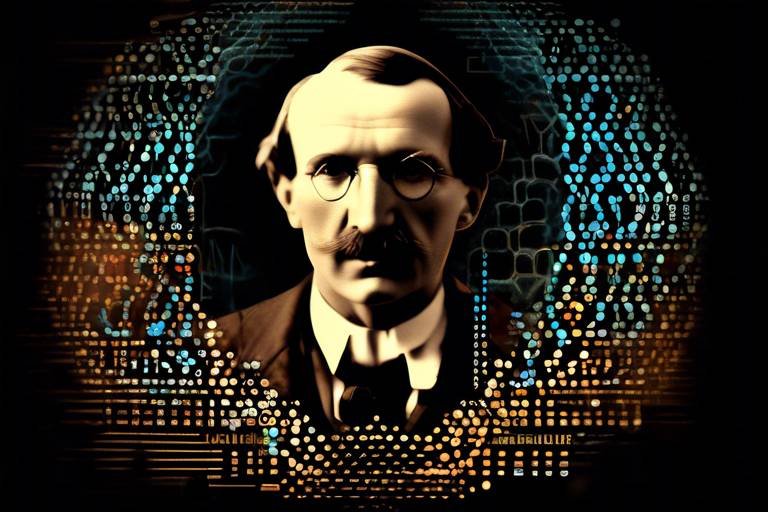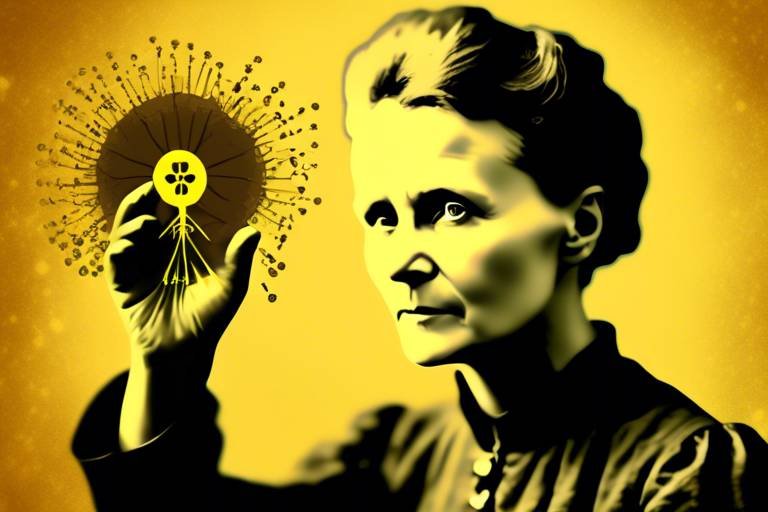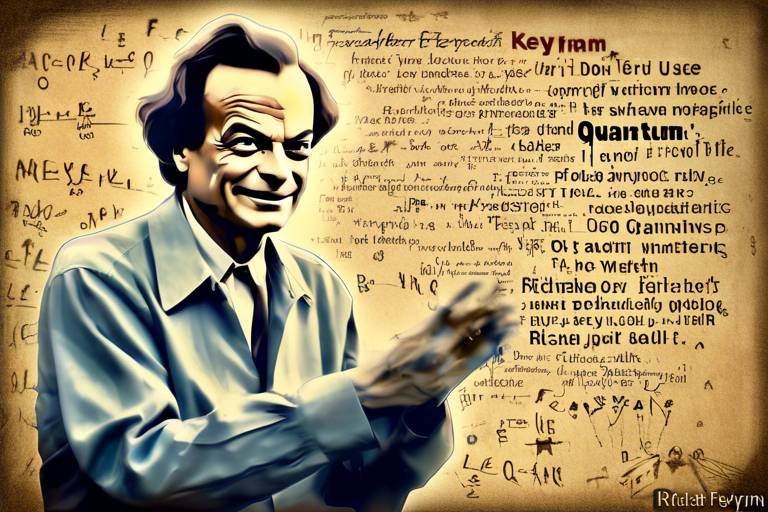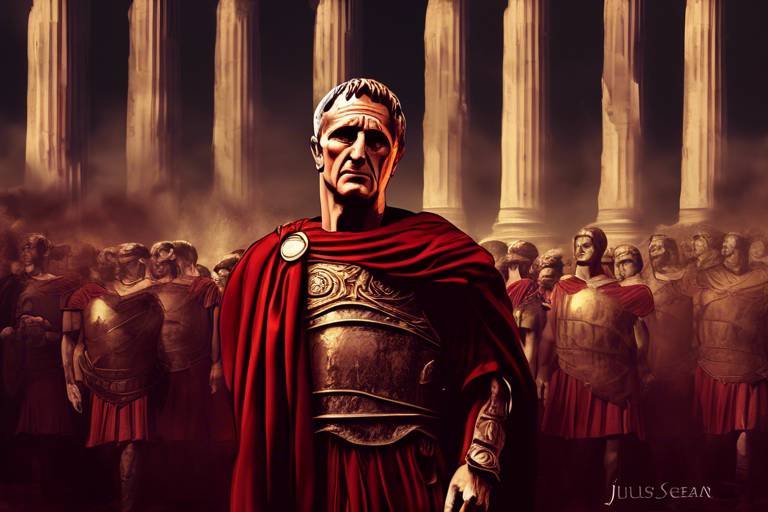Emperor Augustus: The Reformer of Rome
Exploring the life and legacy of Emperor Augustus, the first Roman emperor who transformed the Roman Republic into the Roman Empire through political, social, and cultural reforms.
Emperor Augustus, formerly known as Octavian, stands as a monumental figure in Roman history, revered for his transformative leadership that reshaped the course of an entire empire. Born into a world of political turmoil and uncertainty, Augustus navigated the treacherous waters of Roman politics with cunning and strategic prowess, ultimately ascending to the highest echelons of power.
His journey began with the fateful adoption by Julius Caesar, a move that would set the stage for his meteoric rise to prominence. Following the assassination of Caesar, Augustus skillfully maneuvered through the chaos that ensued, emerging as the sole victor in the power struggle that gripped Rome after the fall of the Republic.
Augustus's reign marked a pivotal moment in Roman history, characterized by a series of groundbreaking political reforms that laid the foundation for the Roman Empire as we know it today. Central to his vision was the establishment of the Principate, a new form of government that consolidated power in the hands of the emperor while maintaining the facade of a republic.
One of Augustus's most enduring legacies was the creation of the Pax Romana, a period of unprecedented peace and stability that spanned across the vast territories of the Roman Empire. Through a combination of diplomatic finesse and military might, Augustus brought an end to the incessant conflicts that had plagued the region for decades, ushering in an era of relative tranquility.
Beyond the realm of politics, Augustus was also a champion of social reform and public welfare, implementing initiatives aimed at improving the lives of Roman citizens. His emphasis on traditional family values, coupled with the introduction of public welfare programs and ambitious infrastructure projects, endeared him to the populace and solidified his reputation as a benevolent ruler.
Furthermore, Augustus's patronage of the arts and literature played a crucial role in the cultural revival that swept through Rome during his reign. By promoting a flourishing artistic scene and utilizing propaganda to shape public perception, Augustus crafted an image of himself as a visionary leader dedicated to the prosperity and glory of the empire.
As we reflect on the legacy of Emperor Augustus, it becomes evident that his impact transcends the boundaries of time, leaving an indelible mark on the tapestry of Roman history. His influence reverberates through the annals of imperial rule, shaping the trajectory of future emperors and laying the groundwork for the enduring legacy of Roman culture.
In assessing Augustus's leadership, we are confronted with a complex tapestry of successes and failures, triumphs and tribulations. While his achievements in governance and military conquests are undeniable, his legacy is also marred by controversies and challenges that continue to spark debate among historians and scholars.
Comparisons with other Roman emperors, such as Tiberius, Caligula, and Nero, offer a fascinating glimpse into the diverse array of leadership styles and personalities that shaped the course of Roman history. Each ruler faced unique circumstances and obstacles, yet it is Augustus's enduring legacy as the reformer of Rome that sets him apart as a singular figure in the annals of imperial rule.
1. What were the key political reforms implemented by Emperor Augustus?
2. How did Augustus contribute to the cultural revival of Rome?
3. What was the significance of the Pax Romana during Augustus's reign?
4. How did Augustus compare to other Roman emperors in terms of leadership style?

Early Life and Rise to Power
Exploring the life and legacy of Emperor Augustus, the first Roman emperor who transformed the Roman Republic into the Roman Empire through political, social, and cultural reforms.
Augustus, originally known as Gaius Octavius Thurinus, was born on September 23, 63 BC, into a prominent Roman family. His life took a significant turn when he was adopted by his great-uncle, Julius Caesar, in 44 BC, becoming Gaius Julius Caesar Octavianus. This adoption marked the beginning of his political journey, as he inherited Caesar's wealth and influence.
After Julius Caesar's assassination in 44 BC, a power struggle ensued in Rome. Octavian, as he was then known, aligned himself with Mark Antony and Marcus Aemilius Lepidus to form the Second Triumvirate. Together, they defeated the forces of Caesar's assassins in the Battle of Philippi in 42 BC, solidifying Octavian's position in Roman politics.
Following the defeat of Mark Antony and Cleopatra at the Battle of Actium in 31 BC, Octavian emerged as the sole leader of Rome. In 27 BC, the Roman Senate granted him the title of Augustus, meaning "the revered one," officially marking the beginning of his reign as the first Roman emperor.
Q: What was the significance of Augustus's adoption by Julius Caesar?
A: Augustus's adoption by Julius Caesar not only provided him with political legitimacy and resources but also paved the way for his eventual rise to power as the first Roman emperor.
Q: How did Augustus consolidate his power after the fall of the Roman Republic?
A: Augustus consolidated his power through strategic alliances, military victories, and the establishment of the Principate, a new form of government that centralized authority in his hands while maintaining the facade of traditional republican institutions.
Q: What role did Augustus play in the transition from the Roman Republic to the Roman Empire?
A: Augustus played a pivotal role in the transition by implementing political reforms, social initiatives, and cultural programs that laid the foundation for the imperial system and shaped the future of Rome for centuries to come.
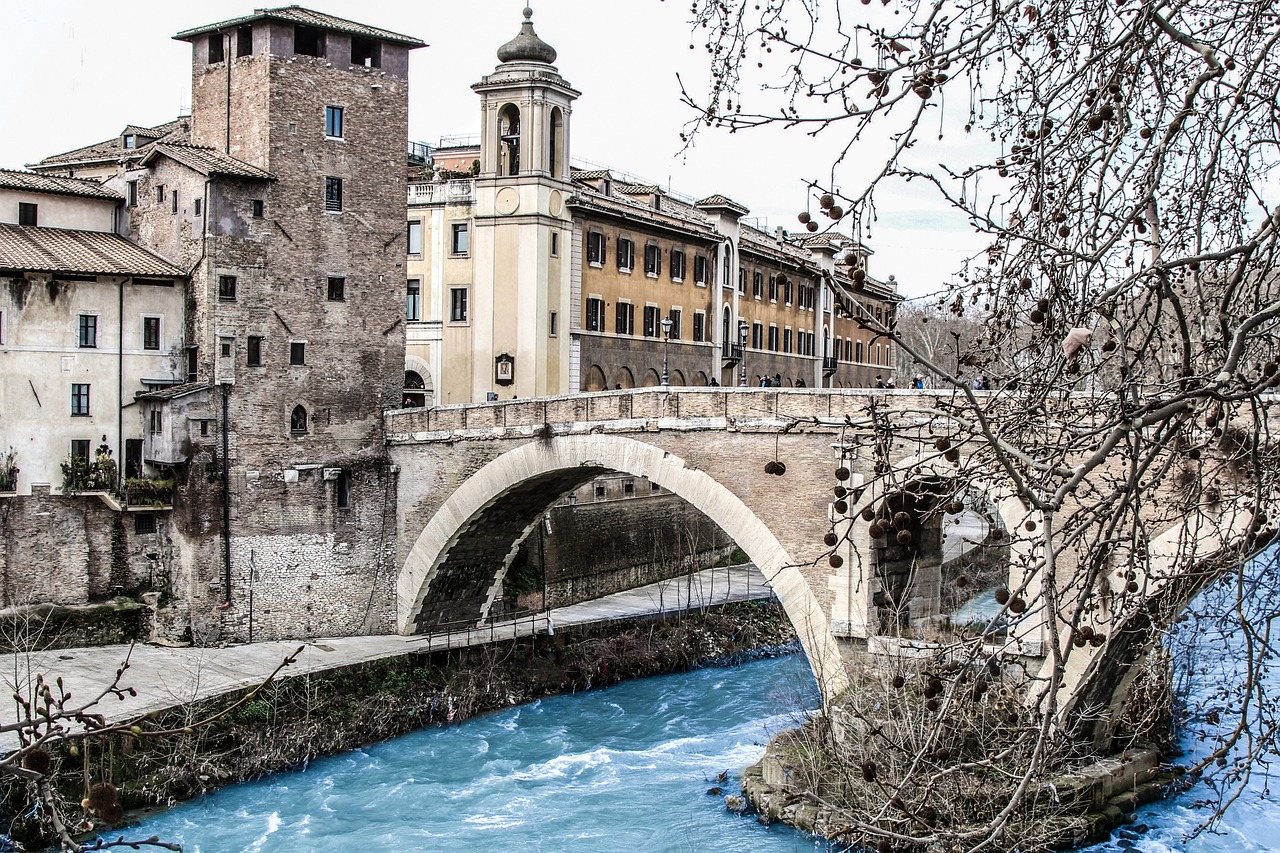
Political Reforms
Augustus, formerly known as Octavian, implemented a series of profound political reforms that reshaped the Roman governance structure. One of his most significant changes was the establishment of the Principate, a new form of government that consolidated power in the hands of the emperor while maintaining the facade of a republic. This shift marked the transition from the Roman Republic to the Roman Empire, with Augustus as its first emperor.
Furthermore, Augustus undertook a comprehensive restructuring of the Roman government, aiming to streamline bureaucracy and enhance efficiency. He divided the provinces into two categories - imperial provinces under his direct control and senatorial provinces overseen by the Senate. This division helped in better administration and resource allocation, ensuring stability and order across the vast Roman territories.
In addition to these structural changes, Augustus also focused on securing the loyalty of the military by instituting reforms that provided better pay, pensions, and retirement benefits for soldiers. By strengthening the military and aligning it with his rule, Augustus ensured the stability and security of his regime, crucial for the longevity of the Roman Empire.

Creation of the Pax Romana
During his reign, Emperor Augustus achieved a remarkable feat in the form of the Pax Romana, a period of relative peace and stability that spanned over two centuries within the Roman Empire. This era marked a significant departure from the constant turmoil and internal strife that had plagued Rome for years.
Augustus, known for his diplomatic finesse and military prowess, strategically employed a combination of negotiation and military campaigns to establish the Pax Romana. By forging alliances with neighboring kingdoms and quelling internal rebellions, he created a sense of security and order that permeated throughout the empire.
One of the key aspects of the Pax Romana was the maintenance of a powerful military presence along the borders of the empire, deterring potential invaders and ensuring the safety of Roman citizens. This proactive approach to defense helped to safeguard the territorial integrity of the empire and prevent external threats from destabilizing the peace within.
Furthermore, Augustus implemented various reforms aimed at strengthening the infrastructure and economy of the empire, facilitating trade and commerce, and promoting prosperity among the populace. His focus on building roads, aqueducts, and public buildings not only improved the quality of life for Roman citizens but also fostered a sense of unity and cohesion across the diverse regions of the empire.
Under the Pax Romana, cultural exchange flourished, leading to the spread of Roman ideals, language, and customs to distant corners of the empire. This cultural unification played a crucial role in consolidating the authority of Rome and solidifying its status as a dominant force in the ancient world.
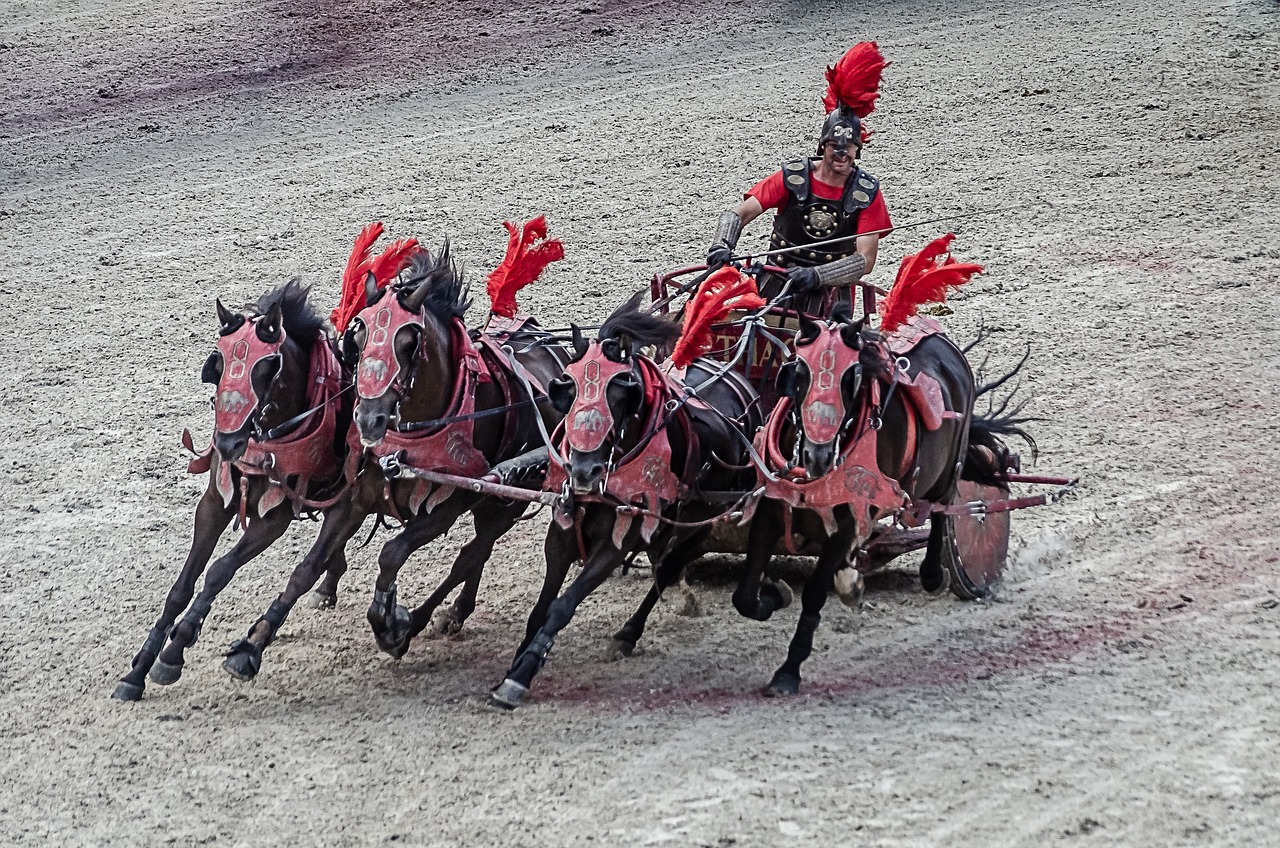
Social Reforms and Public Works
During his reign, Emperor Augustus implemented a series of social reforms and public works projects aimed at improving the welfare of Roman citizens and enhancing the infrastructure of the empire. One of his key initiatives was the promotion of family values, emphasizing the importance of marriage, child-rearing, and loyalty within the household. Augustus believed that strong family units were essential for the stability and prosperity of Roman society.
Additionally, Augustus established public welfare programs to assist the less fortunate members of society, including orphans, widows, and the elderly. These programs provided financial support, food, and shelter to those in need, reflecting Augustus's commitment to social welfare and humanitarian values.
Furthermore, Augustus undertook ambitious public works projects to improve the infrastructure of Rome and other major cities in the empire. He initiated the construction of roads, bridges, aqueducts, and public buildings, transforming the urban landscape and facilitating communication and trade across the vast territories of the Roman Empire.
Moreover, Augustus encouraged the development of urban planning and architectural advancements, leading to the creation of impressive monuments and structures that showcased the grandeur and sophistication of Roman civilization. His patronage of the arts and architecture contributed to a cultural renaissance during his reign, leaving a lasting legacy of artistic and architectural achievements.

Cultural Revival and Propaganda
During his reign, Emperor Augustus was not only focused on political stability but also on the cultural revival of Rome. He understood the power of arts and literature in shaping the identity of a society. Augustus became a prominent patron of the arts, supporting poets like Virgil, Horace, and Propertius, who praised his leadership through their works. This cultural revival under his rule not only enriched Roman literature but also helped in solidifying his image as a wise and benevolent ruler.
Moreover, Augustus was a master of propaganda, utilizing art, architecture, and literature to promote his reign and ideals. He commissioned grand public monuments like the Ara Pacis Augustae, a magnificent altar dedicated to peace and prosperity, which served as a visual representation of his leadership and the Pax Romana. Through these propaganda efforts, Augustus aimed to portray himself as the restorer of Roman values and traditions, further enhancing his authority in the eyes of the Roman populace.
Additionally, Augustus promoted the revival of traditional Roman religious practices and ceremonies, emphasizing the importance of piety and reverence for the gods. By intertwining his rule with religious symbolism and rituals, he sought to establish a sense of divine approval for his reign, reinforcing his legitimacy as the rightful leader of Rome.

Legacy and Historical Impact
Emperor Augustus, known as the first Roman emperor, played a pivotal role in transforming the Roman Republic into the powerful Roman Empire. His legacy is marked by significant political, social, and cultural reforms that reshaped the course of Roman history.
Augustus's reign left a lasting impact on Roman history, shaping the trajectory of the empire for centuries to come. His influence extended beyond his own rule, influencing future emperors and the development of imperial institutions.
One of the most significant aspects of Augustus's legacy is the establishment of a new era known as the Pax Romana, or Roman Peace. This period of relative tranquility and stability within the empire was achieved through a combination of diplomatic efforts and military campaigns, fostering prosperity and cultural flourishing.
Furthermore, Augustus's leadership set the stage for the spread of Roman culture and ideals throughout the territories under Roman rule. His patronage of arts and literature, coupled with strategic propaganda efforts, helped solidify his image as a benevolent ruler and further cemented the empire's cultural dominance.
Moreover, Augustus's reforms in governance and administration laid the groundwork for the efficient functioning of the Roman Empire. His restructuring of the Roman government into the Principate system ensured a more stable and centralized authority, contributing to the longevity of the empire.
When assessing Augustus's historical impact, it is essential to consider his successes and failures as a leader. While his achievements in governance and military conquests are widely acknowledged, some critics point to his authoritarian tendencies and the erosion of traditional Roman values during his reign.
Comparisons with other Roman emperors, such as Tiberius, Caligula, and Nero, highlight the unique contributions and challenges faced by each ruler. Augustus's legacy stands out for his ability to navigate the complexities of power and leave a lasting imprint on Roman history.
1. What were the key political reforms implemented by Emperor Augustus?
2. How did Augustus contribute to the cultural revival of Rome?
3. What was the significance of the Pax Romana in the Roman Empire?
4. How did Augustus's leadership style differ from that of subsequent Roman emperors?
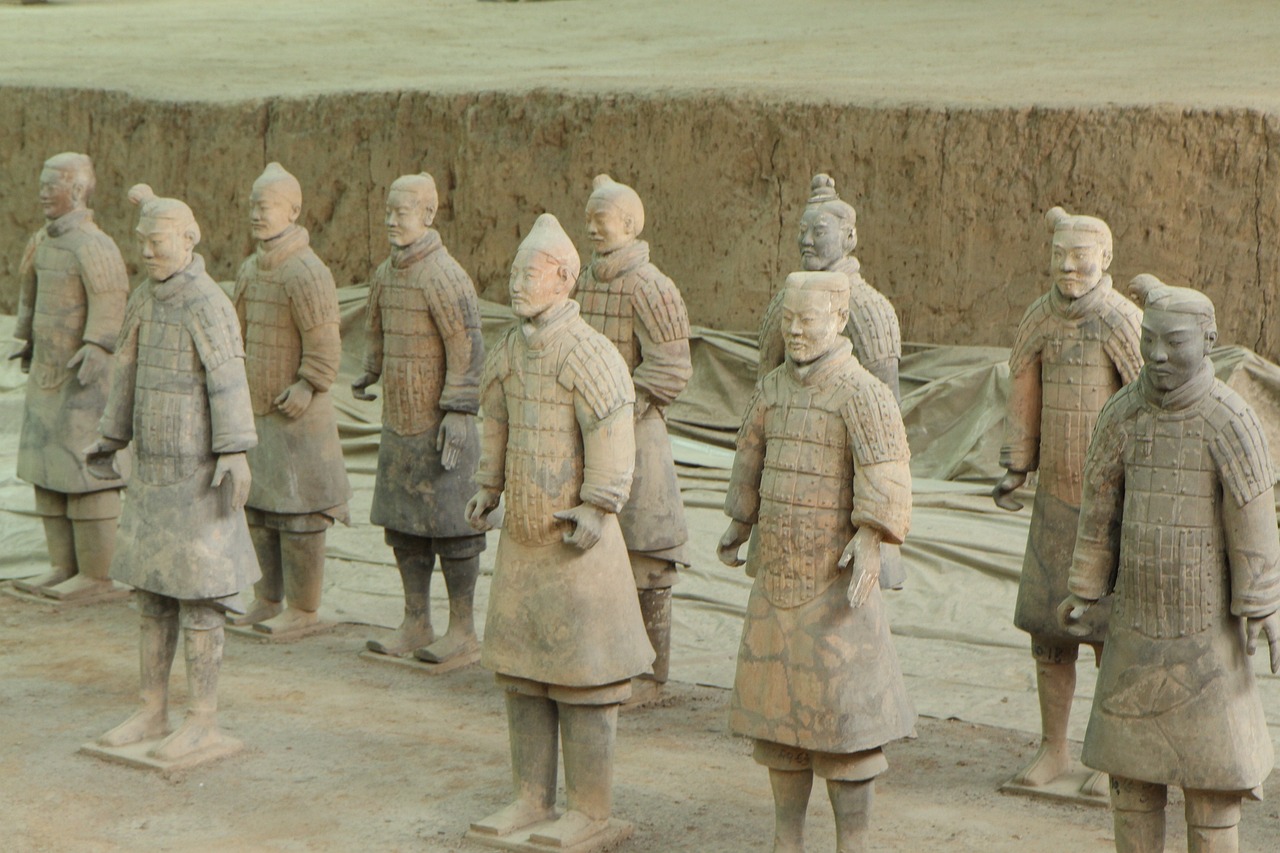
Assessment of Augustus's Leadership
When evaluating the leadership of Emperor Augustus, one cannot overlook the remarkable achievements and challenges he faced during his reign. Augustus, formerly known as Octavian, rose to power in a time of political turmoil and uncertainty following the assassination of Julius Caesar. His ability to navigate the complex web of Roman politics and establish himself as the first emperor of Rome speaks volumes about his leadership skills.
One of the key strengths of Augustus's leadership was his strategic vision for the Roman Empire. He implemented a series of reforms aimed at stabilizing the government and society, laying the foundation for the Pax Romana, a period of relative peace and prosperity. By consolidating power under the Principate, Augustus brought a sense of order to the chaotic aftermath of the civil wars.
Moreover, Augustus demonstrated a keen understanding of the importance of propaganda and image-building. Through his patronage of arts and literature, he sought to portray himself as a benevolent ruler who cared for the well-being of his subjects. This careful crafting of his public image helped to secure his position and garner support from the Roman populace.
However, Augustus's leadership was not without its flaws. Critics point to his authoritarian tendencies and the erosion of traditional Republican values as signs of his autocratic rule. While his reign brought stability to the empire, it also marked the beginning of the transition from a republic to an imperial system, setting a precedent for future emperors.
In assessing Augustus's leadership, it is essential to consider the lasting impact he had on Roman history. His legacy as the founder of the Roman Empire and the creator of a new political order shaped the course of Western civilization for centuries to come. Despite the controversies surrounding his rule, Augustus's contributions to governance, military strategy, and cultural patronage cannot be denied.
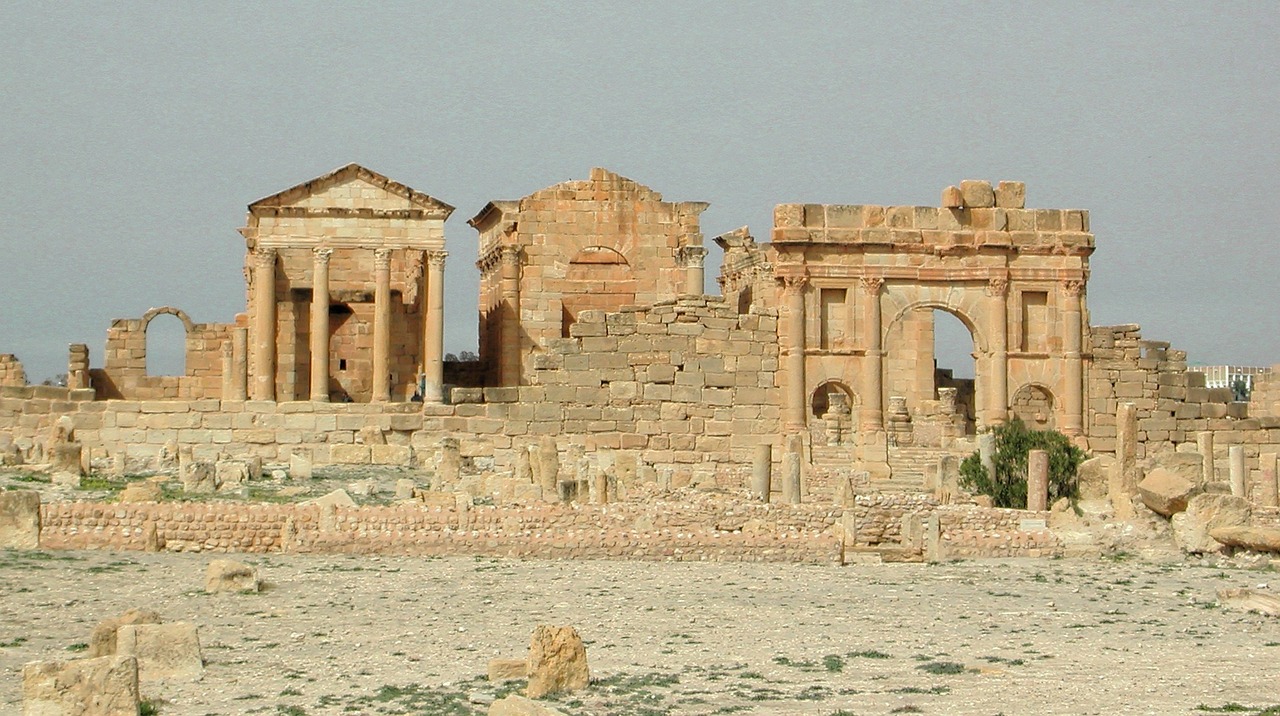
Comparisons with Other Roman Emperors
When comparing Emperor Augustus to other Roman emperors, it becomes evident that each ruler brought their own unique characteristics and challenges to the empire. Tiberius, who succeeded Augustus, faced difficulties in maintaining the stability and prosperity established during his predecessor's reign. Despite his military accomplishments, Tiberius struggled with political intrigue and a deteriorating relationship with the Senate.
Caligula, known for his erratic behavior and despotic rule, contrasted sharply with the strategic governance of Augustus. His reign was marked by extravagance, cruelty, and a disregard for traditional Roman values, leading to discontent among the people and the Senate. Caligula's assassination highlighted the dangers of absolute power without the temperance exhibited by Augustus.
Similarly, Nero's reign showcased the destructive consequences of unchecked authority. His tyrannical rule and persecution of Christians further diverged from the statesmanship and cultural revival championed by Augustus. The Great Fire of Rome and Nero's subsequent scapegoating of Christians tarnished his legacy, emphasizing the importance of leadership guided by the principles of governance and public welfare.
While Augustus laid the foundation for the Roman Empire's prosperity and stability, his successors faced the daunting task of upholding his legacy amidst internal strife and external threats. By examining the reigns of Tiberius, Caligula, and Nero in contrast to Augustus, one can appreciate the complexities of imperial leadership and the enduring impact of a visionary ruler like Augustus on Roman history.
Frequently Asked Questions
- Who was Emperor Augustus?
Emperor Augustus, originally known as Gaius Octavius, was the first Roman emperor who played a pivotal role in the transition from the Roman Republic to the Roman Empire. He was the adopted son of Julius Caesar and rose to power after the fall of the Republic, becoming the sole ruler of Rome.
- What were some of Augustus's significant political reforms?
Augustus implemented several key political reforms during his reign, including the establishment of the Principate, a form of monarchy that maintained the facade of a republic. He also restructured the Roman government, creating a system that centralized power in his hands while preserving the outward appearance of traditional Roman institutions.
- How did Augustus contribute to the cultural revival of Rome?
Augustus was a patron of arts and literature, supporting poets like Virgil and Horace. He also used propaganda to promote his image as a benevolent ruler and shape public perception. His efforts in cultural revival aimed to strengthen Roman identity and promote loyalty to the empire.
- What was the legacy of Augustus on Roman history?
Augustus's reign had a profound impact on Roman history, shaping the future of the empire for centuries to come. His establishment of imperial institutions, the Pax Romana (Roman Peace), and his promotion of Roman culture and values left a lasting legacy that influenced subsequent emperors and the development of the empire.


